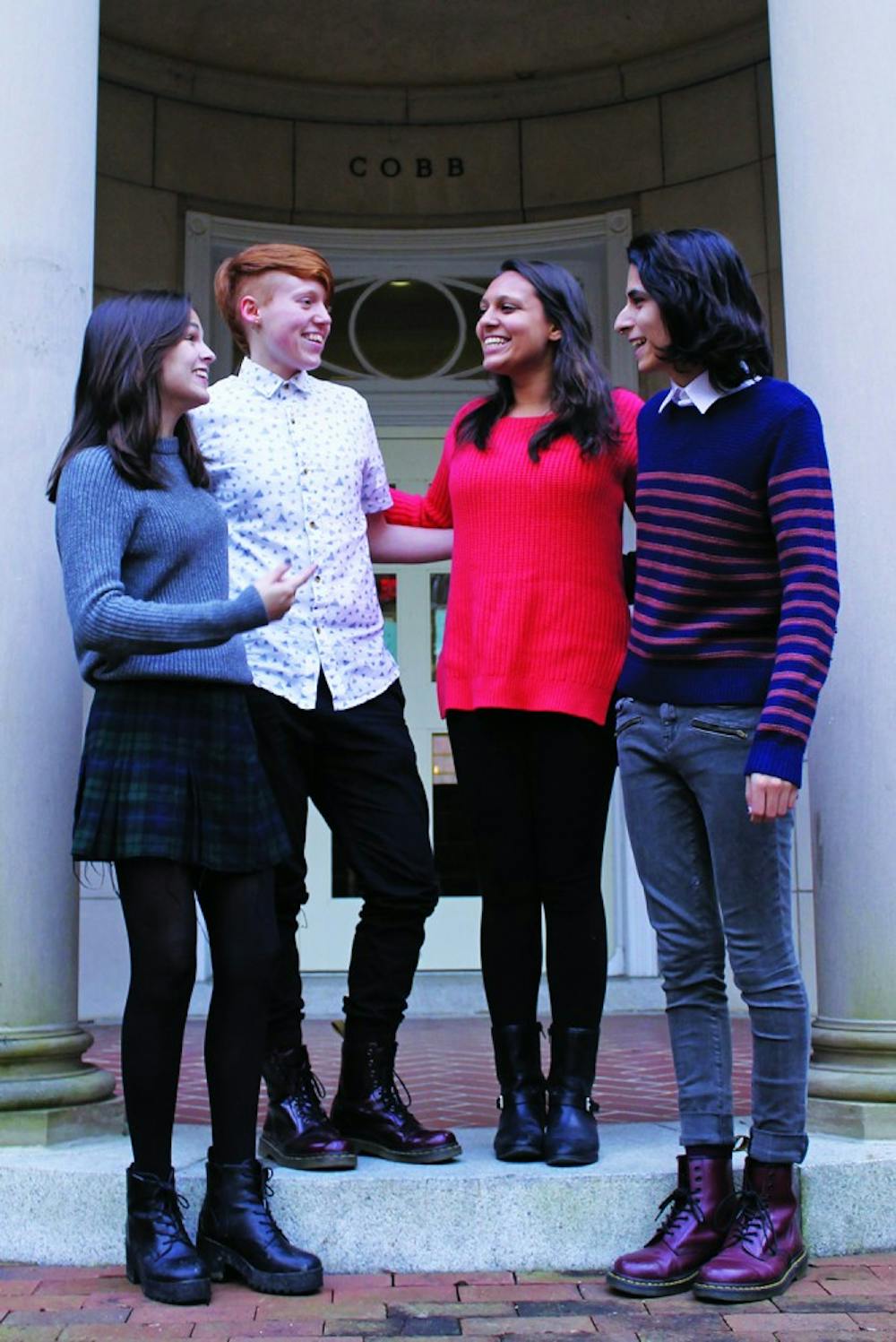McLaughlin said Pride Place will be a gender-affirming space and will be “the first step in very long process toward gender-nonspecific housing.”
Marty Kotis, a member of the UNC-system Board of Governors, said gender-nonspecific housing has not come up with the current board and that it’s something to learn more about.
“When you start getting into who can be a part of a dorm and who can’t, you don’t want people discriminated against,” he said. “It’s a very slippery slope to go from creating a separate space for someone versus corralling people into a certain area.
“That isn’t to say I’m against people creating groups choosing to live together who share a common concept.”
Bradley said Pride Place does not resemble a gender-nonspecific dorm and will follow the same regulations as other coed dorms and residential learning programs, which establish communities that center around a common theme or goal. As in any coed dorm, roommates must be the same sex.
Building on community
Bradley said Pride Place’s pillars are community development, public service and advocacy, identity exploration and broad multiculturalism.
Olive Fadale, a first-year who served on the student committee, said she is most looking forward to a sense of community.
“One of the things that has helped me in the transition process and coming out is people: the people around me, the people who have affirmed my gender, people who have encouraged me to explore my gender and to explore issues related to that,” she said. “I think the community will be the most helpful aspect for me and for a lot of others.”
The committee said they expect around 20 students will live in Pride Place when it opens in the fall, but expansion is possible if more people are interested. Residents will be chosen based on their interest in and need for a gender-affirming space.
The committee also stressed that LGBTQ students who choose not to live in Pride Place because of difficult family situations can still get involved.
A safe space
To get the day's news and headlines in your inbox each morning, sign up for our email newsletters.
Committee members like first-year Brennan Lewis recounted times when a space like Pride Place would have offered sanctuary from uncomfortable living situations.
“I’ve had many experiences in my life where I’ve felt unsafe in bathroom situations and living situations, so I really want to have a space where I feel affirmed,” Lewis said.
Parker said the initiative represents a major step forward from her undergraduate years in the late 80s.
“I just wish there was something like this when I was in undergrad. You couldn’t tell anyone you were queer,” she said. “You had to hide on so many different levels. I kind of get choked up about it because this is going to be a place where people don’t have to hide.”
Brady Gilliam, a sophomore member of the student committee, said a randomly paired roommate once requested not to room with Gilliam after discovering Gilliam was gay.
“I think Pride Place will be able to solve a lot of those problems,” he said.
For McLaughlin, the new residential community stands for a freedom to express her identity.
“I lived in a dorm my first year where I didn’t feel safe,” McLaughlin said. “And now there’s going to be a place for people. And that’s just like my heelprint.”
university@dailytarheel.com



